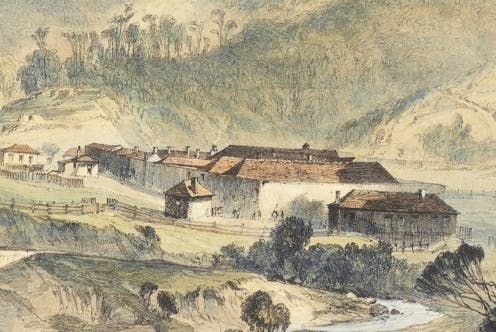how 'lady swindler' Alexandrina Askew triumphed over the convict stain
- Written by Janet McCalman AC, Emeritus Redmond Barry Distinguished Professor, The University of Melbourne

In this series[1], we look at under-acknowledged women through the ages.
“A LADY SWINDLER”, gasped the Illustrated Australian News in November 1867.
It appears that for a length of time the lady has been in the habit of visiting lodging houses and inquiring for apartments […] Having agreed to take the lodgings she proceeds to pay a deposit, when, lo! on feeling in her pocket, she cries, ‘I’ve lost my purse; they have stolen my purse,’ and forthwith commences to lament and bemoan her loss, exclaiming, ‘What shall I do; what will my husband say’.
The lady is always accompanied by a little boy, dressed in Highland costume, whose tears mingled with sobs of his mother, are the secret of the facility with which she accomplishes her schemes.
The lady swindler was Mrs Alexandrina Askew. She didn’t ask for money, loans were offered in her time of crisis. As she collected more funds, her clothes became more ladylike.
Outside Melbourne she would suddenly appear from the bush and de-materialise back into it afterwards. Throughout all her forays, she insisted her husband was a wealthy squatter near Piggoreet[2] with 30,000 sheep and 900 head of cattle.
One conquest in the Melbourne suburb of Richmond involved the family of a coach-maker, one of whose buggies she fancied buying. They invited her to take sherry and conversation flowed: about the squatter husband, the home property.
















